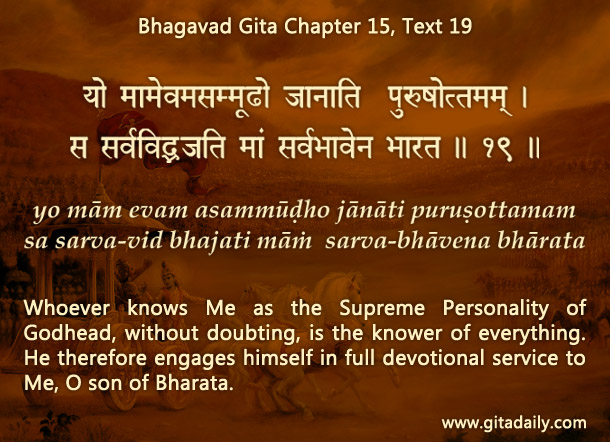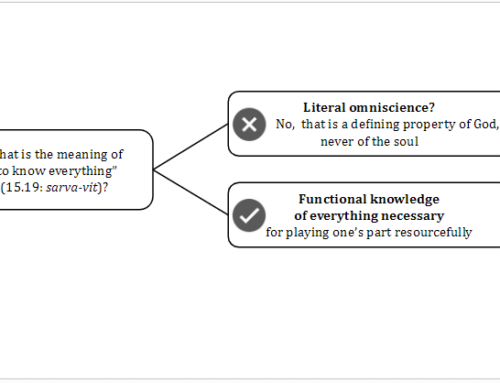Emotions are the central feature, indeed the driving force, of our present existence. Many spiritual paths, especially impersonal spiritual paths, consider emotions as distractions, even illusion. Distractions in the sense that they divert us from focusing on our spiritual identity. And illusions in the sense that they arise from our material conditionings. Either way, the assumption is that emotions need to be suppressed and eliminated.
Bhakti-yoga recognizes that our emotions are real in two senses: they come from reality and they can return us to reality.
How do emotions come from reality?
We are not just sparks of spirit, but are spiritual individuals with the innate capacity for spiritual sentience.
At our core we are not just sparks of spirit, but are spiritual individuals with the innate capacity for spiritual sentience. This personal understanding of our identity stems from a personal understanding of the Absolute Truth – not as a formless light, an effulgent infinity of barren silence; but as an all-attractive Supreme Person, a Transcendental Being capable of eternal and unlimited love with innumerable loving beings. The Bhagavad-gita confirms the reality of transcendental sentience when it (07.07) identifies the Absolute Truth to be Krishna and declares (15.15) all living beings to be his parts.
How can emotions return us to reality?
By directing them towards Krishna through the practice of bhakti-yoga. Of course, not all of our present emotions are liberating – we need to regulate as per scripture our emotional drives towards worldly things. But such regulation won’t seem like deprivation when we know that we will relish far richer emotional fulfillment eventually – and especially when we can relish glimpses of that fulfillment through the practice of bhakti-yoga.
Indeed, loving Krishna is the supreme state of liberation, as that is our eternal constitutional position. No wonder the Gita (15.19) declares that those who understand Krishna’s supreme position offer him all their heart’s emotions (sarva-bhavena).



Leave A Comment